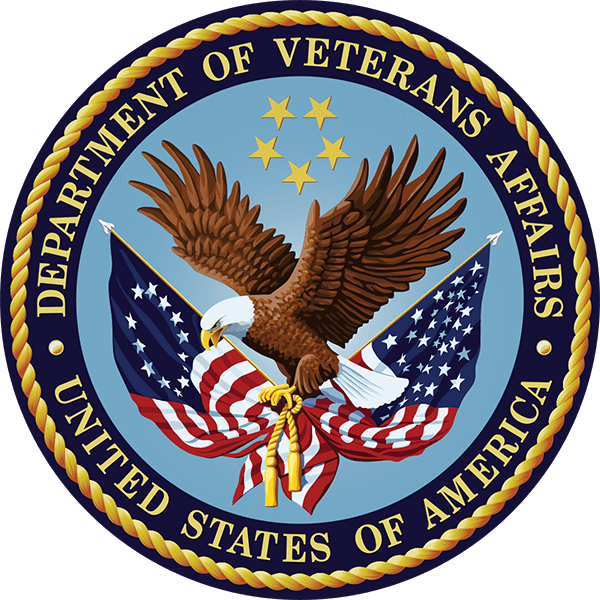According to Public Law 100-77 “the McKinney Act” of 1987, a homeless person:
- is one who lacks a fixed, regular and adequate nighttime residence; and
- who has a primary nighttime residence that is
- a supervised publicly or privately operated shelter,
- a temporary residence for individuals intended to be institutionalized, or
- a public or private place not ordinarily used as a regular sleeping accommodation for human beings.
In developing outreach programs to homeless Veterans, hospice staff should start with the knowledge that:
- Every medical center has a homeless Veteran services coordinator who is responsible for providing outreach and services for homeless or at-risk Veterans
- All VA enrolled Veterans are entitled to VA payment of hospice care across all settings regardless of their service connection
The National Call Center for Homeless Veterans
The National Call Center for Homeless Veterans is an initiative directed by the Department of Veterans Affairs (VA). The Center seeks to end rampant homelessness among Veterans by providing those Veterans with job training, housing, health care, and education.
Make the call at 1-877-424-3838 or visit the website.
Why are Veterans homeless?
In addition to the complex set of factors affecting all homeless — extreme shortage of affordable housing, livable income, and access to health care — a large number of displaced and at-risk Veterans live with lingering effects of Post Traumatic Stress Disorder and substance abuse, compounded by a lack of family and social support networks.
A top priority is secure, safe, clean housing that offers a supportive environment which is free of drugs and alcohol.
About one-third of the adult homeless population has served their country in the Armed Services. Current population estimates suggest that about 58,000 Veterans are homeless on any given night and perhaps twice as many experience homelessness at some point during the course of a year. Many other Veterans are considered near homeless or at risk because of their poverty, lack of support from family and friends, and dismal living conditions in cheap hotels or in overcrowded or substandard housing.
Currently, the number of homeless male and female Vietnam-era Veterans is greater than the number of service persons who died during that war — and a small number of Desert Storm Veterans are also appearing in the homeless population. Although many homeless Veterans served in combat in Vietnam and suffer from PTSD, at this time, epidemiologic studies do not suggest that there is a causal connection between military service, service in Vietnam, or exposure to combat and homelessness among Veterans. Family background, access to support from family and friends, and various personal characteristics (rather than military service) seems to be the stronger indicators of risk of homelessness.
Almost all homeless Veterans are male (about 3% are women), the vast majority are single, and most come from poor, disadvantaged backgrounds. Homeless Veterans tend to be older and more educated than homeless non-Veterans. But similar to the general population of homeless adult males, about 45% of homeless Veterans suffer from mental illness and (with considerable overlap) slightly more than 70% suffer from alcohol or other drug abuse problems. Roughly 56% are African American or Hispanic.



